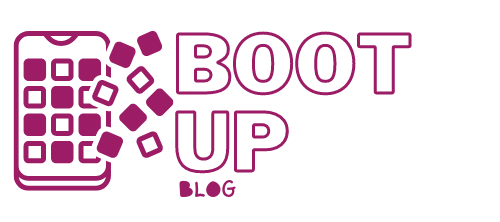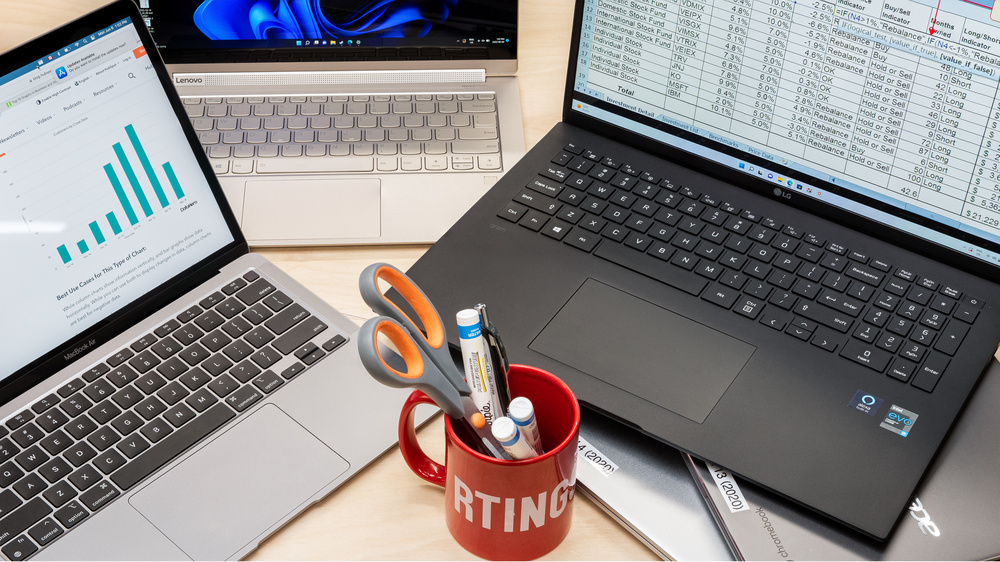Having the right laptop can make a big difference in your work productivity and efficiency. With so many options on the market, it can be overwhelming to choose the perfect one. In this blog, we’ll outline the key factors to consider when choosing a laptop for work to help you make the best decision for your needs.
Consider Your Needs
Before you start shopping for a laptop, it’s important to consider your work requirements. This will help you narrow down your options and choose the laptop that best meets your needs. Here are some key factors to consider:
- Type of work: Different types of work require different specifications. For example, if you’re a graphic designer, you’ll need a laptop with a high-performance graphics card. If you’re a writer, you may need a laptop with a larger screen and keyboard.
- Portability: If you’re often on the go, you’ll want a laptop that is lightweight and easy to carry. However, if you mostly work from a desk, you may prioritize a larger screen size and keyboard.
- Budget: Laptops come in a range of prices, so it’s important to determine your budget before you start shopping. Keep in mind that higher-priced laptops generally have better specifications and features, but there are still affordable options that can meet your work needs.
Screen Size and Resolution
The size and resolution of your laptop’s screen are critical factors to consider. A larger screen can make it easier to work on multiple projects at once, while a high-resolution screen can improve the clarity of your work. Here are some things to keep in mind:
- Screen size: The most common screen sizes for laptops are 13″, 14″, and 15″. Choose the size that works best for your needs, taking into consideration portability and screen real estate.
- Resolution: A higher resolution means that the screen will be clearer and sharper. The most common resolutions for laptops are HD (1366×768), Full HD (1920×1080), and 4K (3840×2160).
Processor, Memory, and Storage
The processor, memory, and storage of your laptop are the main components that determine its performance. Here’s what to keep in mind:
- Processor: The processor, or CPU, is the brain of the laptop. Intel and AMD are the two main manufacturers of processors for laptops. Intel’s Core i3, i5, and i7 are popular options for work laptops.
- Memory: Memory, or RAM, is used by the laptop to run multiple programs at once. The more memory you have, the better your laptop will perform when running multiple applications. A minimum of 4GB of RAM is recommended for work laptops, but 8GB or 16GB is even better.
- Storage: Storage refers to the amount of space you have on your laptop to save files and documents. A solid-state drive (SSD) is a faster and more reliable option than a traditional hard drive (HDD). A minimum of 128GB of storage is recommended for work laptops, but 256GB or 512GB is even better.
- Battery Life: Battery life is an important factor to consider when choosing a laptop for work. If you’re often on the go, you’ll want a laptop with a long battery life. Look for laptops with at least 6 hours of battery life, but 8 hours or more is even better.
Connectivity and Ports
The connectivity and ports on your laptop are important for both productivity and convenience. Here’s what to keep in mind:
- Wi-Fi: Look for laptops with fast and reliable Wi-Fi connectivity, as this will be your main way of accessing the internet while on the go. The latest Wi-Fi standards, such as 802.11ac or 802.11ax, offer faster speeds and more reliable connections.
- Ports: Consider the type and number of ports you’ll need for your work. USB ports are essential for connecting external devices, such as a mouse, hard drive, or smartphone. HDMI ports can be useful if you need to connect to an external monitor or display. Ethernet ports can be important if you need a wired internet connection.
Additional Features
Finally, consider any additional features that you may need for your work. Here are some popular options:
- Touchscreen: Touchscreens can be helpful for certain tasks, such as graphic design or note-taking.
- Fingerprint reader: A fingerprint reader can be a convenient and secure way to log into your laptop.
- Dedicated graphics card: A dedicated graphics card can be important for tasks such as video editing or gaming.
- Backlit keyboard: A backlit keyboard can be helpful for working in low-light conditions.
Choosing the perfect work laptop can be a challenge, but by considering your needs, screen size and resolution, processor, memory, and storage, battery life, connectivity and ports, and additional features, you’ll be able to find the laptop that best meets your needs. Take your time and research your options, and don’t be afraid to ask for advice from friends, family, or professionals in your field. With the right laptop, you’ll be able to work more efficiently and effectively, and reach your full potential in your work.

